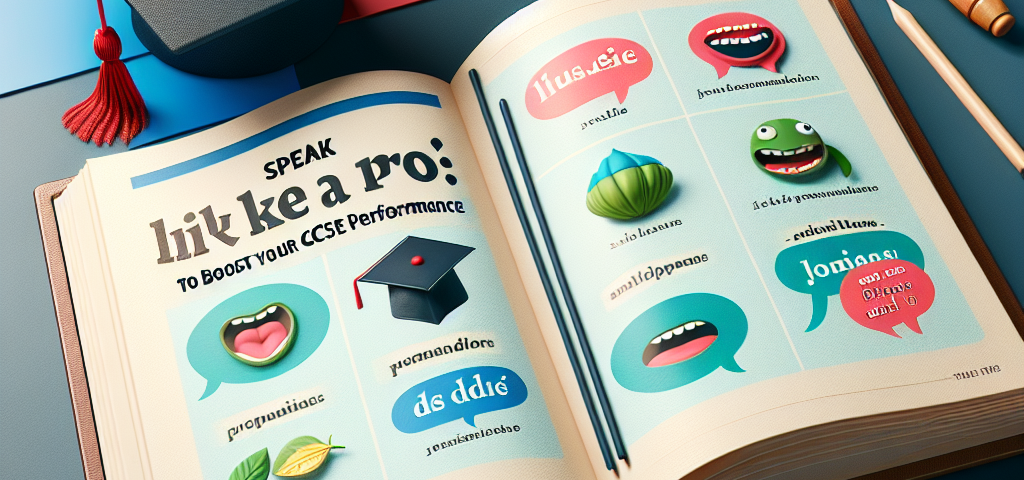
A Vocabulary Voyage: Navigating the French Language for School
May 28, 2025
Phonetics 101: Pronouncing French Words as a Native Speaker
May 28, 2025
Navigating the intricacies of a new language can be both thrilling and daunting, especially for students preparing for their GCSE exams. Beyond vocabulary and grammar, understanding idiomatic expressions is essential in showcasing fluency and cultural awareness. French, with its rich tapestry of idioms, offers a unique way to express ideas and emotions. This article will explore key French idioms that can elevate your speaking and writing skills, helping you stand out in your GCSE performance.
Why Use Idioms?
Idioms are phrases that convey meanings that are often not deducible from the individual words. They enrich your language by adding depth and nuance, making your communication more engaging. In an exam context, demonstrating an understanding of idiomatic expressions can enhance your grades, as it shows a higher level of linguistic competence.
Essential French Idioms to Know
Here are some idioms to incorporate into your vocabulary, along with their meanings and examples of how to use them in context:
1. Avoir le cafard
- Literal Translation: To have the cockroach
- Meaning: To feel down or depressed
- Usage Example: "Après avoir reçu ma note, j’avais le cafard." (After receiving my grade, I felt down.)
2. Casser les oreilles
- Literal Translation: To break the ears
- Meaning: To annoy someone with loud noise
- Usage Example: "Mon frère casse les oreilles avec sa musique." (My brother is annoying me with his music.)
3. Être dans la lune
- Literal Translation: To be in the moon
- Meaning: To be distracted or daydreaming
- Usage Example: "Pendant le cours, il est souvent dans la lune." (During class, he is often daydreaming.)
4. Faire d’une pierre deux coups
- Literal Translation: To make two hits with one stone
- Meaning: To achieve two goals with one action
- Usage Example: "En révisant pour le français, je fais d’une pierre deux coups en améliorant aussi mon anglais." (By studying for French, I’m hitting two birds with one stone by also improving my English.)
5. Mettre son grain de sel
- Literal Translation: To put one’s grain of salt
- Meaning: To add one’s opinion or interfere in a situation
- Usage Example: "Elle a mis son grain de sel dans notre conversation." (She added her opinion to our conversation.)
6. Prendre le taureau par les cornes
- Literal Translation: To take the bull by the horns
- Meaning: To confront a problem directly
- Usage Example: "Il est temps de prendre le taureau par les cornes et de terminer ce projet." (It’s time to take the bull by the horns and finish this project.)
How to Integrate Idioms into Your Exam Preparation
-
Practice Speaking: Use idioms during conversation practice with classmates or language partners. This will help you feel more comfortable using them spontaneously.
-
Writing Exercises: Incorporate idiomatic expressions in your written assignments, essays, or exam practice papers. This not only demonstrates your linguistic creativity but also your grasp of French culture.
-
Flashcards: Create flashcards for each idiom with its meaning and an example sentence. Review these regularly to reinforce your memory.
- Role Play: Engage in role-playing scenarios where you have to use idiomatic expressions in context, making your learning interactive and fun.
Conclusion
Mastering French idioms can significantly enhance your language skills and boost your performance in GCSE exams. Not only do they impress examiners, but they also make your communication more vivid and relatable. By integrating idiomatic expressions into your speaking and writing, you’ll not only sound more fluent but also gain a deeper appreciation of French culture. So, embrace the challenge, and let these idioms help you speak like a pro! Bonne chance! (Good luck!)

